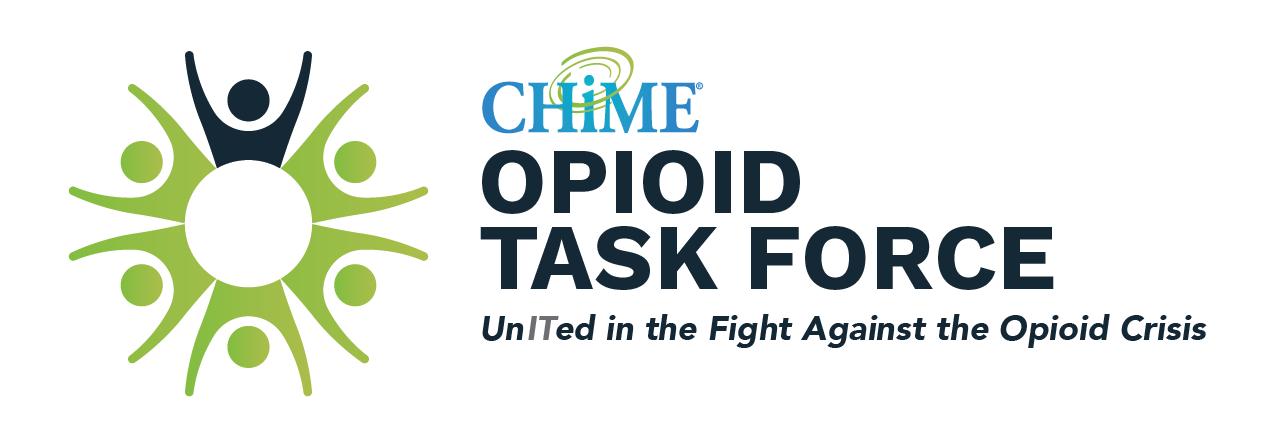Part Two of a two-episode series focusing on interoperability, PDMPs (Prescription Drug Monitoring Programs), HIEs (Health Information Exchanges) and telehealth through the lens of a PM&R (Pain Management & Rehabilitation) physician of 25-years.
HOST
Scott Weiner, MD, MPH, FACEP, FAAEM
Emergency Physician, Brigham and Women’s Hospital
Associate Professor, Harvard Medical School
Director of Research, Bicycle Health
Scott G. Weiner, MD, MPH, FACEP, FAAEM is an Associate Professor of Emergency Medicine at Harvard Medical School and the Chief of the Division of Health Policy and Public Health in the Department of Emergency Medicine at Brigham and Women’s Hospital in Boston. Dr. Weiner completed his residency training at the Harvard-Affiliated Emergency Medicine Program at Beth Israel Deaconess Medical Center and MPH degree at Harvard School of Public Health. He is board-certified in emergency medicine and addiction medicine. He is the Director of B-CORE: The Brigham Comprehensive Opioid Response and Education Program, a hospital-wide, multi-disciplinary quality assurance program with the goal of reducing opioid-related morbidity and mortality. He is the co-lead of the American College of Emergency Physicians’ E-QUAL Opioid Initiative and serves on opioid task forces for several organizations, including NAM, AMA and CHIME. His current research, including multiple grant-funded projects from the NIH, focuses on prevention and treatment of opioid use disorder.
GUEST
Todd Rowland, MD, FAAPMR
Chief Medical Officer, Motiv
Chief Medical Officer, VitalFlo
CEO, Bridge2Medical
Attending Physician, Duke Hospitals
Dr. Todd Rowland has more than 25 years of healthcare experience which includes roles as practicing physician, CEO of health information exchange, CMIO (Chief Medical Information Officer), and most recently enterprise Senior Vice President and CIO. He has worked with multi-disciplinary teams to deliver solutions using several IT platforms which include Allscripts, Cerner, eClinicalWorks, McKesson, MEDITECH, Mirth, Optum, and other technologies.
The CHIME Opioid Task Force (OTF) was launched in early 2018 with a simple mission: to turn the tide on the opioid epidemic using the knowledge and expertise of the nation’s healthcare IT leaders. While our mission is simple, achieving it is not. Opioid addiction is a complex disease that requires long-term, if not lifetime, care from well-informed clinicians who are supported with easy-to-use and reliable tools.
